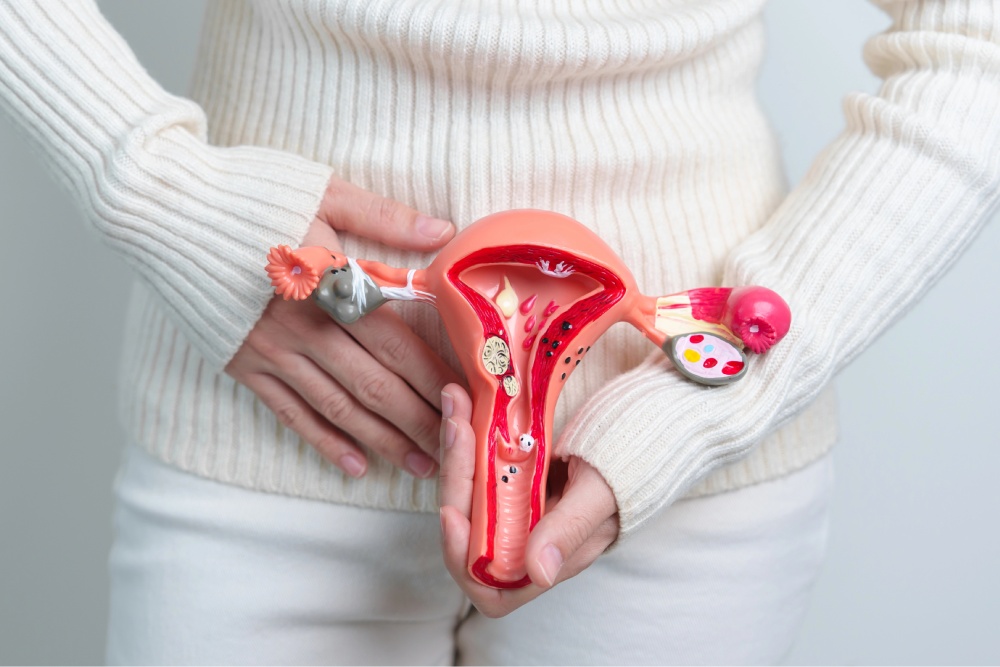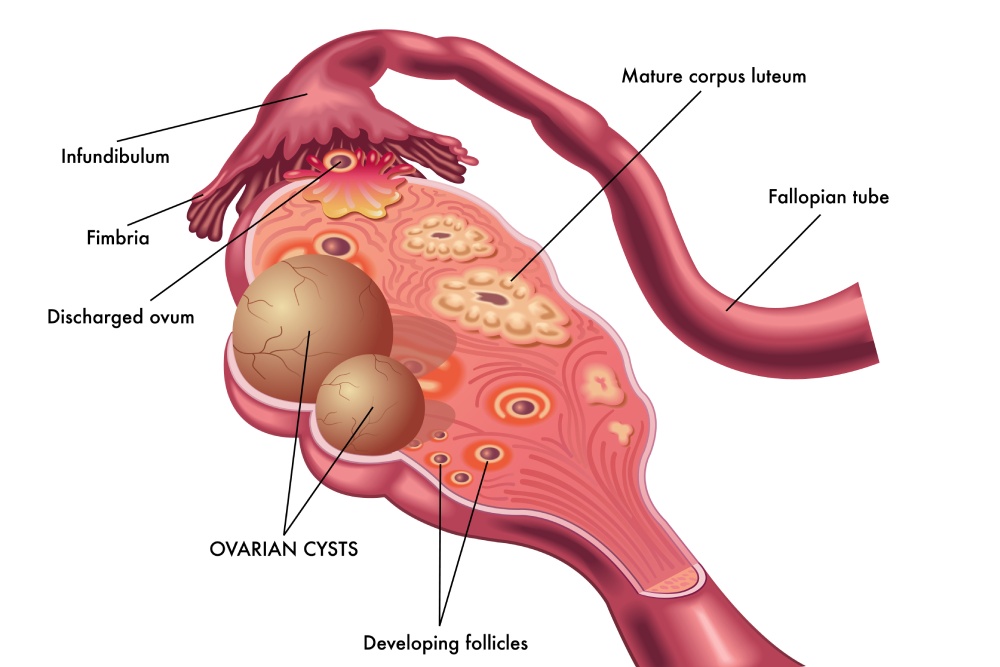
Surgical Solutions: Exploring Hysterectomy As A PCOS Treatment
Polycystic Ovary Syndrome affects millions of women worldwide, often bringing challenges like irregular periods, hormonal...
Read MoreMenopause is a natural biological process that occurs when a woman is in her 40s or 50s, and the symptoms last an average of 4-5 years.
Although menopause marks the end of your reproductive years, the average American woman’s life expectancy is 81 years, which means that many women live a third of their lives or more after menopause. That means it’s just as important as ever to maintain your health after menopause, including your sexual well-being.
Menopause causes a variety of physical and emotional changes that may make sex less appealing than it used to be, but you shouldn’t settle.
Our caring team at The Women’s Center is here to help you navigate all of the changes from menopause — and life after it. Fluctuating hormone levels can trigger low sex drive and make intercourse uncomfortable, but you don’t have to live with an unsatisfactory sex life in your golden years.
During your reproductive years, estrogen and progesterone hormones control your menstrual cycle. Hormone levels naturally start declining as early as age 30, and you reach menopause when they get so low that you no longer ovulate and your menstrual periods stop.
You officially enter menopause when it has been a full year since your last period. Reproductive hormones control your menstrual cycle, but they also affect your sex drive, reproductive organs, and overall state of well-being. As estrogen and progesterone levels decrease, it’s not uncommon to notice changes in the way sexual intercourse feels.
Low levels of estrogen are linked to vaginal dryness, which can make sex painful. Decreased blood flow to your vaginal area may mean it’s harder to get aroused and reach orgasm, and all of this and more can affect your interest in having sex.
Along with changes in sex drive and the way intercourse feels, hormonal fluctuation can cause other symptoms that affect your quality of life. Hot flashes, depression, urinary incontinence, and other bothersome symptoms can decrease your well-being and put sexual health at the bottom of your list.
It’s no secret that menopause changes your sex life, but those changes don’t have to mean unsatisfactory or painful sex. Treatment can balance hormone levels, improve your sex drive, and even make sex more comfortable.
Lifestyle remedies include regular exercise and a healthy diet, both of which can regulate hormones and help you feel more energized. Over-the-counter lubricants can improve vaginal comfort during sex.
The Women’s Center offers hormone replacement therapy as another treatment option for women who have reached menopause. Available in a range of delivery methods, hormone therapy increases hormone levels to reduce menopausal symptoms in some women.
If you can’t or don’t want to take hormone replacement therapy, MonaLisa Touch® is a safe, nonsurgical treatment designed just for female sexual wellness. You could be a good candidate for this quick procedure if you’re bothered by vaginal dryness, pain with sex, or mild urinary incontinence.
You may not be able to get pregnant once you enter menopause, but that doesn’t mean your gynecologic health isn’t important. You should continue to get regular well-woman exams when you’re in menopause and in the years afterward to ensure you’re enjoying your best possible health.
Along with treatments like hormone replacement therapy to manage menopausal symptoms, we can recommend important screenings to identify cancers, like cervical cancer and breast cancer, and other health risks.
Your well-woman appointments are also an opportunity to discuss other health issues, like urinary incontinence. Incontinence is a common issue that post-menopausal women face, but treatment is available to improve your symptoms and restore your confidence.
Your life doesn’t end after menopause. Find comprehensive care for your sexual health and overall wellness at The Women’s Center. Call the Orlando, Florida, area office closest to you or book an appointment online.




Polycystic Ovary Syndrome affects millions of women worldwide, often bringing challenges like irregular periods, hormonal...
Read More
Ovarian cysts after menopause may seem uncommon, but they can still develop even when the...
Read More
Uterine fibroids are one of the most common benign growths affecting women. By age 50,...
Read More